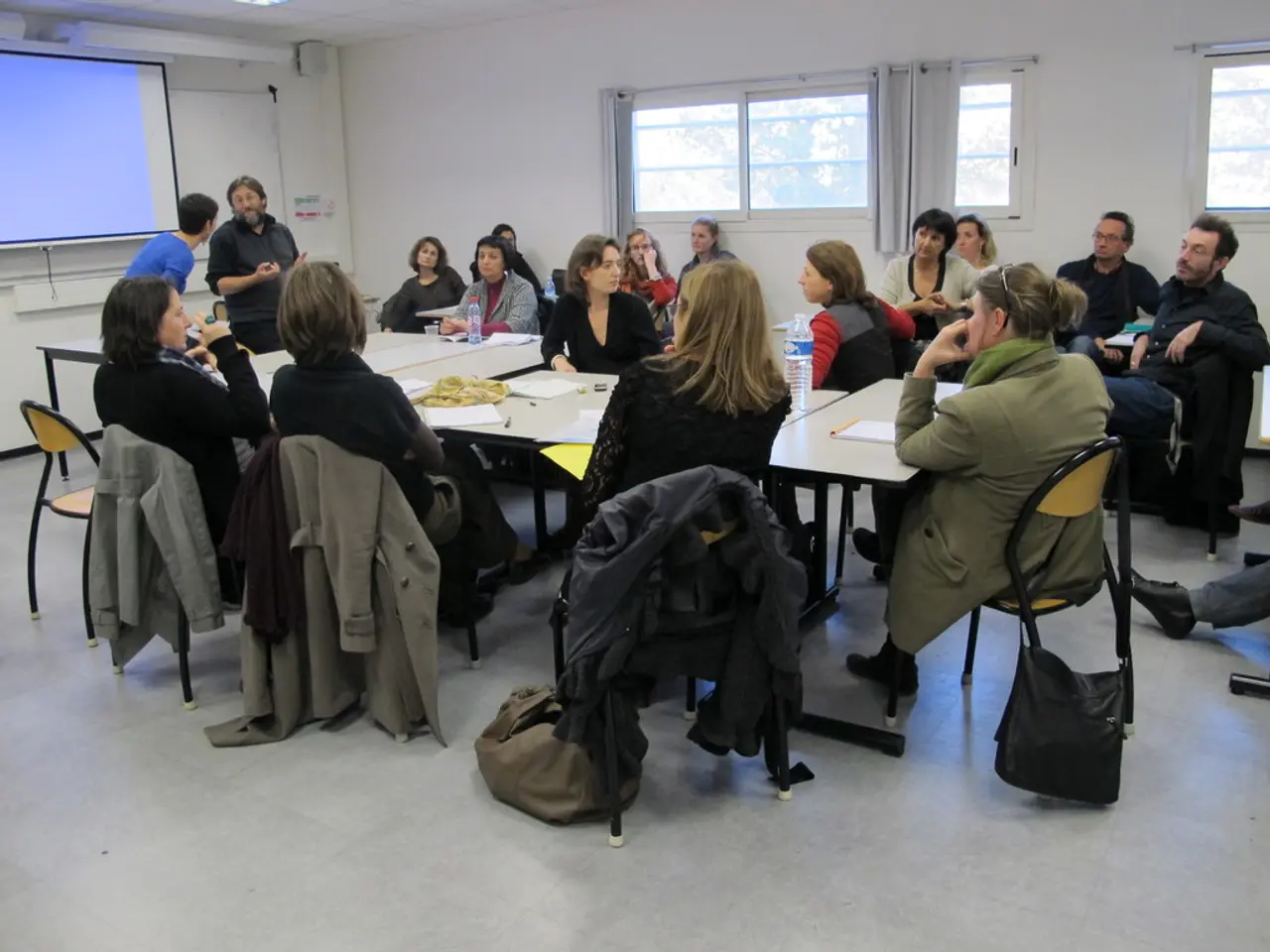Escaping Toxicity: Unveiling the Fresh Faces in the Realm of Alternative Social Platforms
Two new social media platforms, Qwice and New Place, are set to challenge the status quo in the digital world. Both platforms, currently under development, aim to offer innovative solutions to the issues prevalent in traditional social networks.
Qwice, based in France and Quebec, seeks to distance itself from the "attention economy" and its focus on "buzz, polarization, misinformation." The economic model for Qwice will be similar to that of X, with advertising revenues and subscription options. However, advertisements on Qwice will be limited and non-intrusive, and user data will not be sold to third-party companies.
Qwice also prioritizes user control, with users able to choose to exclude the activity of the most poorly evaluated accounts from their feed. The platform offers users control over the algorithm shaping their news feed through "themes." Qwice has nearly 10,000 users in its beta version.
On the other side of the border, New Place, a micro-blogging network under construction in Canada, shares similar goals. The platform is led by a team primarily from the online media sector and aims for a more radical model through a non-profit cooperative. Individual registration on New Place will be free with limited access, but posting requires cooperative membership.
New Place refuses to use American services and aims to regain control over networks for political representatives. The platform emphasizes digital sovereignty, allowing users greater control over their personal data and content. The team behind New Place believes that no one outside the companies that host these networks really masters their algorithms.
The Canadian government has adopted Bill C-18, also known as the "Online News Act," which requires platforms with more than 4 million users in Canada to share a portion of their revenues generated on their networks with information media. This legislation may impact New Place's revenue model.
Patrick Pierra, president of New Place, aims to diversify revenue sources, including investments from cooperative members, individuals, corporations, and potential public funding. Both New Place and Qwice acknowledge the magnitude of the task and believe there's no other option but to create something new.
Both platforms believe that the history of social networks is still young, and it's necessary to embark on creating something new. By focusing on user control, data privacy, and digital sovereignty, Qwice and New Place aim to offer a more responsible and user-centric alternative to mainstream social media platforms.
However, specific up-to-date information or official platform documentation is needed to provide a precise and evidence-based comparison of Qwice and New Place's economic and privacy models. As alternative platforms, their approaches to user control, data privacy, and digital sovereignty are likely to differ significantly from mainstream platforms.
- Qwice and New Place, pushing the boundaries in social media, aim to redefine the landscape of digital interaction by focusing on innovation, prioritizing user control, and championing data privacy.
- The new platforms, Qwice based in France and Quebec, and New Place in Canada, strive to navigate away from the "attention economy," offering solutions to the issues prevalent in traditional networks.
- Seeking to challenge the status quo, Qwice proposes an economic model similar to X, with advertising revenues and subscription options, while minimizing intrusive advertisements and keeping user data private.
- In contrast, New Place, led by a team from the online media sector, embraces a more radical model through a non-profit cooperative, with free registration and paid posting as a means to regain control over networks and digital sovereignty.
- Both platforms acknowledge the potential impact of legislation, such as the Canadian government's Bill C-18, the "Online News Act," on their revenue models, prompting them to explore diversified revenue sources.
- By focusing on health-and-wellness, mental-health, education-and-self-development, science, technology, politics, entertainment, online-education, general-news, and learning, these alternative platforms strive to provide a more responsible, user-centric, and balanced digital environment.




